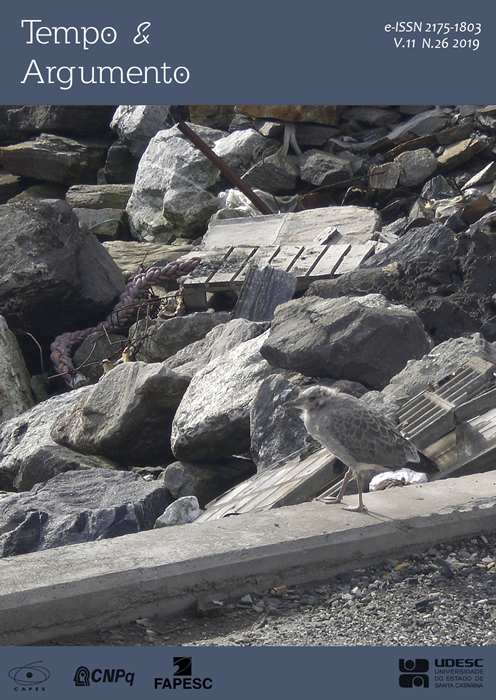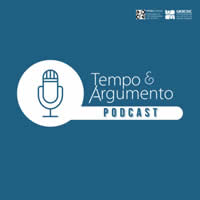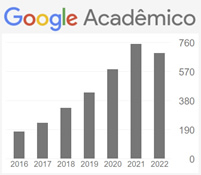Digital narratives on entrance exams for the Brazilian secondary school: ego-documents and written culture in history of the present time
DOI:
https://doi.org/10.5965/2175180310262019641Resumo
The proposal of this article is discussing digital narratives written in the first person, taken in their widest sense as ego-documents. We analyzed 12 blogs and 4 personal websites that provide written stories on entrance exams for the Brazilian secondary school (which were in force in Brazil between 1931 and 1971), as well as comments related to each post. The analysis of narratives was conducted having three irreducibly interconnected axes as a basis: the first one is methodological and requires discussing the possibilities and limits of exploring blogs and websites as adequate historical sources to grasp the contemporary phenomena of memory, narrative, and temporalities. The second axis implies analyzing narratives posted on blogs and websites as phenomena that contribute to provide the history of written culture in the present time with intelligibility. The third axis of analysis imposes thinking through meanings of the past and memory in the writings of one’s own. The issues raised herein deal with challenges of the meaning and interpretation of time by subjects of the present. If we take into account that narrating one’s life is a transcultural need related to the sense of existence, we must not give up thinking of changes that take place in human experience and its relation to historicity after hyper-connectivity, which became possible through the web 2.0, has significantly altered the flows of time and space.
Keywords: Written culture. Digital narratives. Entrance exam for the Brazilian secondary school.





